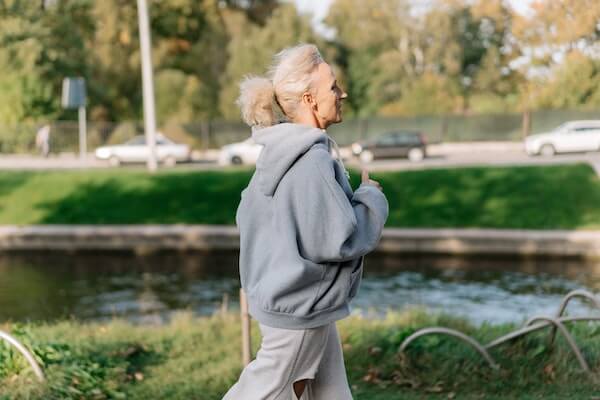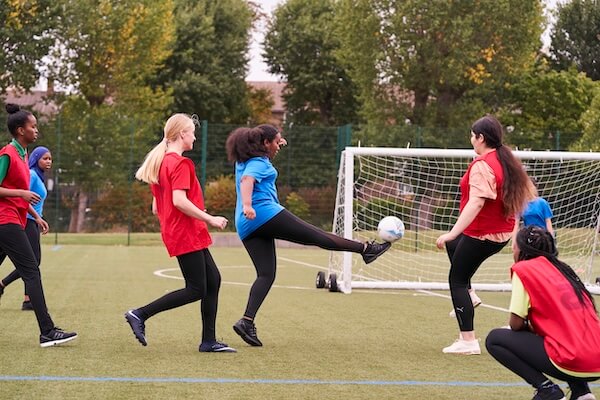
Dementia is a growing health concern in Australia, affecting hundreds of thousands of people and their families. With the number of Australians living with dementia expected to nearly double by 2054, finding ways to lower the risk is more important than ever. The good news? New research from Johns Hopkins Bloomberg School of Public Health shows that any amount of physical activity can help reduce the risk of dementia-no matter your age or fitness level.
The Power of Movement
The study followed nearly 90,000 adults and found that even small amounts of moderate-to-vigorous physical activity (MVPA), such as brisk walking, cycling, or dancing, can make a significant difference in brain health.
🔹 People who exercised just 30 minutes more per week
lowered their dementia risk by 4%.
🔹 Those who reached 140 minutes per week (a
little over 20 minutes per day) had a 69% lower risk
compared to those who did no exercise.
🔹 The benefits applied even to people who were frail,
meaning that movement matters regardless of fitness level.
This means you don't need to hit the gym for hours or run marathons-every little bit counts!
Why Is This So Important?
Dementia is already the leading cause of death for Australian women and the second leading cause of death overall. Without intervention, the number of people with dementia in Australia is expected to double within 30 years. The impact on families, caregivers, and healthcare systems will be immense.
But this study offers hope: moving more could be one of the most powerful tools to keep your brain healthy as you age.
How Can You Add More Movement to Your Day?
The key takeaway is simple: do what you can, when you can. Here are a few easy ways to fit in more movement:
🏃 Take
a brisk walk - even 10 minutes at a time adds up!
🚲 Try
cycling - a great low-impact workout for all
ages.
🕺 Dance in your living room or join a
dance class - it's fun and great for
coordination.
🧘 Join
a social fitness class - yoga, pilates, or tai
chi can be gentle yet effective.
🎾 Play
a social sport - tennis, badminton, or pickleball
are great for both fitness and fun.
If you're looking for local activities, there are plenty of free and low-cost options available across Australia. Websites like KeepActive.com.au can help you find fitness groups, social sports, and exercise classes near you.
Final Thoughts
Dementia doesn't have a cure yet, but research like this shows that staying active is one of the best ways to lower your risk. The best part? You don't have to be an athlete-just moving more in your daily life makes a difference.
So, whether it's a morning walk, a weekend game of tennis, or dancing in your kitchen, remember: every step counts toward a healthier brain!






